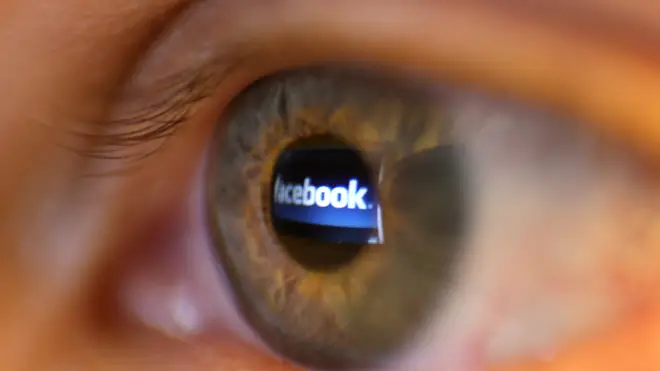
Ben Kentish 10pm - 1am
25 February 2021, 13:34

Countries including the UK have long grappled with finding ways to support journalism in the digital age.
Facebook, Google and Australia have been under the spotlight over the past two weeks in a row about how much tech giants pay towards news content shared on their platforms.
The contentious saga centres around proposed laws in Australia to target the market power of internet firms, as news organisations struggle to generate an income for their work.
Google threatened to pull its search engine and Facebook ultimately decided to remove news, but all was restored once the law was tweaked and finally passed on Thursday.
So, what has happened and what does it mean for countries elsewhere looking on?
The PA news agency takes a look at the consequences.
– What exactly happened in Australia?
In short, Australia wanted to make the likes of Facebook and Google pay news providers for any news content featured on their services.
But the tech giants said the New Media Bargaining Code, in its original form, effectively amounted to “pay for clicks” and opened them up to a blank cheque.
Facebook argued that it does not select stories for sharing, news organisations use their platform to drive traffic to their own websites.
Last week’s move by Facebook to stop sharing news in Australia left many people rightly asking: what on Earth was all that about?
At the heart of it is a fundamental misunderstanding of the relationship between Facebook and news publishers. 🧵 https://t.co/A5An9caQ70
— Nick Clegg (@nick_clegg) February 24, 2021
The code would create an arbitration panel to set a binding price for news in situations where Google and Facebook did not reach deals with media businesses whose original journalism they linked to.
Google, after initially suggesting it might have to pull services from Australia, eventually struck deals with some Australian media.
Facebook, on the other hand, decided to remove all news-related posts from being visible in Australia.
It was not until lawmakers agreed to revise the proposals that the social network allowed content back on the platform.
– Why does this affect other countries?
Other nations, including the UK, have long grappled with finding ways to support journalism in the digital age, so naturally everyone looked on and took note of the events in Australia.

The tech firms were all too aware of onlookers elsewhere and mindful of the precedent that agreeing to such moves would set.
To make matters more complicated, Facebook’s initial ban meant even content by international news publishers would not be allowed to be shared in Australia.
Some UK-based organisations appeared to be briefly caught in the crossfire, with posts from Sky News and the Telegraph disappearing for everyone, not just Australia.
– What are the concerns?
Facebook’s actions caused alarm, demonstrating it has the power to effectively switch off content to millions of users at will.
That concern was escalated given the current need for reliable information in the middle of a pandemic, which Julian Knight, chair of the Digital, Culture, Media & Sport select committee, called “staggeringly irresponsible”.

The UK’s news media trade group News Media Association described Facebook as a “school yard bully” trying to “protect its dominant position”.
Downing Street said it too was “concerned”, and reports emerged that the Culture Secretary Oliver Dowden planned to meet Facebook executives.
– But Facebook pays for news in the UK anyway, so what is the problem?
Facebook introduced its dedicated news tab to the UK earlier this year, where the company has paid the likes of Channel 4 News, Daily Mail Group, DC Thomson, Financial Times, Sky News and Telegraph Media Group for content.
But one social media expert told the PA news agency that those deals could crumble if relations between the two turned sour in the future.
“One party (could) feel in terms of precedents set in other countries that the relationship needs to change or the deal needs to change, which could inevitably lead to similar kinds of bans by Facebook if it wanted to dig its heels in the UK,” Matt Navarra said.
It appears there could already be tensions, with the owner of the Daily Mail accusing Facebook and Google of “blackmail”.
“A nation was held to ransom – and it surrendered,” Lord Rothermere, chairman of Daily Mail and General Trust (DMGT), said in a letter to the Financial Times.
“As long as the platforms persuade enough desperate news publishers to sign take-it-or-leave-it deals, there will now be no fair, independent arbitration.”
– What next?
In the UK, a new competition regime designed to rein in the dominance and power of tech giants on a number of matters is in development.
The Digital Markets Unit will be established within the Competition and Markets Authority (CMA) from April and there will be a consultation on how it works later this year.